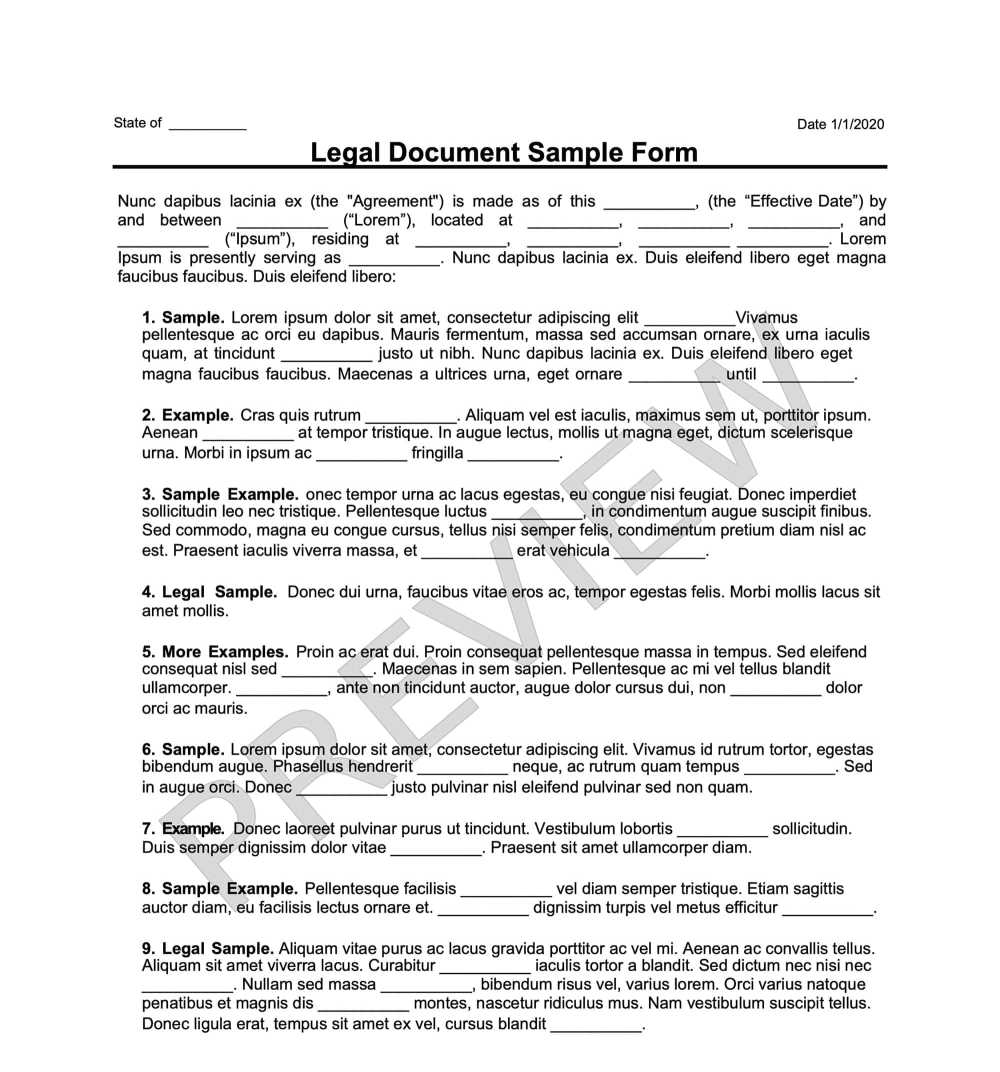Stock Certificate
A Stock Certificate is an official legal document issued by a corporation to the shareholder of a specified number of company shares.


Frequently Asked Questions
Most commonly, corporations repurchase shares to prop up the share value. This is beneficial to all shareholders and a corporation may pull the trigger if the shares are undervalued or if it simply has cash on hand. It's also a way for the company’s management to increase the ownership of the company. For example, if the management would like to pick up more voting rights, whether to push through a resolution or stave off a takeover big.
A stock ledger is the official record of a corporation’s existing float of shares. The ledger is usually in the form of a table and records all transactions, ownership info, and other relevant information regarding its shares. While corporations aren’t always required to keep a ledger by law, they almost always choose to do so.
A portfolio in the context of investment is a corporation’s holding of financial assets like stocks, properties, cash, cash equivalents, and more.
An IPO is the process of a private corporation going public by issuing shares that are available for trading at a stock exchange. It is done to raise capital from institutional investors. To participate in an IPO, a corporation has to meet all the requirements set by the SEC. Additionally, the original founders of a corporation can use an IPO as an exit strategy.
Stock Certificates have a long history. The first stock certificate can be traced back to 1606 and it was issued by the Dutch East India Company. Collecting old stock certificates that no longer have any value is a hobby known as scripophily. One of the last paper stock certificates issued by a major corporation was a Disney certificate in 2013.




